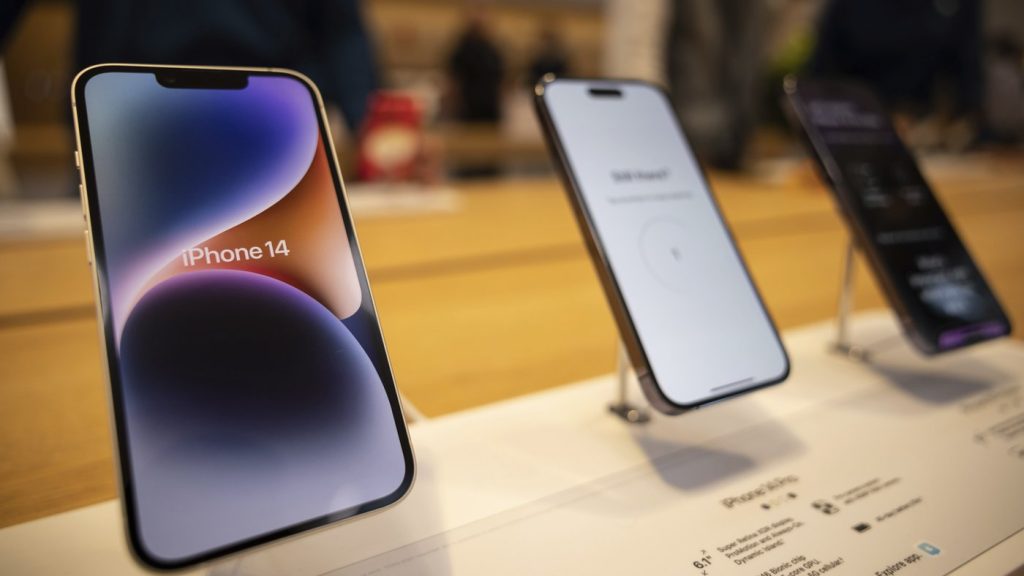The Trump administration announced late on a Friday that it would exclude electronics such as smartphones and laptops from reciprocal tariffs, a decision aimed at stabilizing prices for popular consumer electronics that are typically not manufactured in the United States. This change is expected to benefit major technology firms like Apple and Samsung, as well as semiconductor companies such as Nvidia.
U.S. Customs and Border Protection identified specific items eligible for the exemption, including smartphones, laptops, hard drives, flat-panel monitors, and certain types of chips. However, machinery used for semiconductor production will remain subject to tariffs. By exempting these electronics from the substantial tariffs—145% on imports from China and a 10% baseline tariff on other countries—the administration acknowledges the current state of the electronics supply chain, which is predominantly located in Asia. For instance, approximately 90% of iPhones are produced and assembled in China, as reported by Wedbush Securities.
This latest decision follows a series of tariff modifications by the Trump administration, which has made several significant pivots in its comprehensive tariff strategy aimed at encouraging domestic manufacturing. While the administration’s ultimate goal is to invigorate local production, the exemptions reflect the logistical challenges associated with shifting the electronics supply chain to the U.S. market.
Wedbush analyst Dan Ives highlighted the significance of this decision, stating that it removes "a huge black cloud overhang for now over the tech sector and the pressure facing U.S. Big Tech." Analysts within the industry view this as a positive move that could alleviate some financial strain on major technology companies, particularly those reliant on imported components.
Previously, Trump expressed a willingness to consider exemptions for certain businesses from the imposed tariffs, indicating an ongoing evaluation of how these tariffs impact economic sectors vital to the American economy.
As of early Saturday, neither Apple nor Samsung had responded to requests for comments regarding the exemption. Nvidia also opted not to provide any remarks on the matter. Additionally, there was no immediate response from the White House concerning the announcement on that Saturday morning.
This decision represents a significant turning point in the current discussions surrounding tariffs and their implications for the technology sector in the U.S. The administration seems to have recognized the practicalities of the global supply chain while attempting to strike a balance between domestic production incentives and economic realities.










